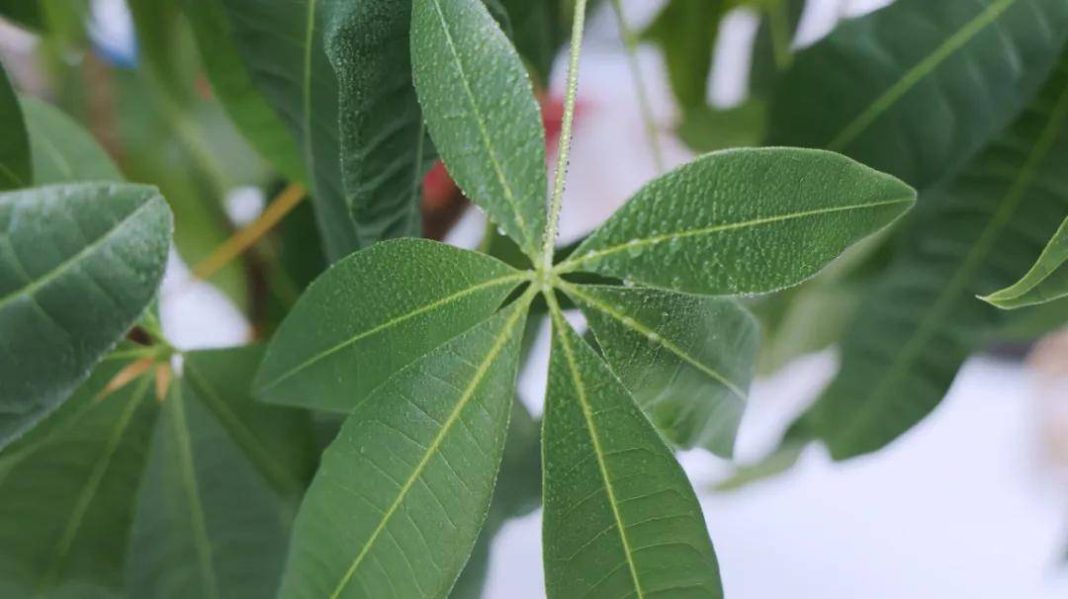In the traditional Chinese medicine system, “dampness” has always been a topic of great concern. There is even a saying in folk medicine that “excess dampness leads to a hundred ailments.” The reason why dampness is often considered “terrible” is because it is an abstract entity that we cannot see or touch, making it difficult to address as a specific issue. Therefore, we can only cut off the entry routes of dampness from the “source” in daily life, identify the various factors that contribute to the worsening of dampness, and help ourselves as much as possible to avoid being troubled by dampness.
However, many people struggle to control their urge to consume delicious food, especially many female friends who almost treat fruits as main meals. While consuming fruits in moderation can indeed provide good nutrition to the body, eating fruits also involves significant considerations.
If one blindly consumes fruits, it can easily contribute to the accumulation of dampness in the body to some extent. Over time, this may lead to a depletion of one’s vital energy. For individuals who already have excess dampness in their bodies, it is best to consume less of the following 4 types of fruits as they may exacerbate dampness with increased consumption.
1. Cantaloupe
Cantaloupe, also known as sweet melon, is a type of fruit loved by many due to its sweet flavor. However, excessive consumption of cantaloupe can easily worsen the accumulation of dampness in the body. Particularly, many female friends have a strong inclination towards this sweet treat. Overindulging in cantaloupe can harm the intestines and disrupt the normal function of the spleen and stomach. This can have a significant impact on one’s health. According to “Master Sun’s Dietary Restrictions,” patients with athlete’s foot disease often have their condition exacerbated and prolonged after consuming sweet melon. Here, athlete’s foot disease refers not only to foot diseases but a systemic condition accompanied by symptoms such as fatigue, loss of appetite, and blurred vision, all of which are clinical manifestations of excessive dampness.
2. Jackfruit
Jackfruit is a tropical fruit with a very sweet taste, highly appreciated by the masses. However, excessive intake of sweet foods can often exacerbate the presence of dampness in the body. Despite being a heaty fruit, moderation is advised when consuming jackfruit. For individuals with damp-heat conditions, symptoms of heavy-headedness often manifest, especially more prominently in the afternoon. Patients may also experience signs of stagnant body heat and underspending, potentially leading to excessive internal damp-heat that can result in skin eruptions or sores on the skin’s surface, which is caused by deep-seated damp-heat.
3. Watermelon
It is common knowledge that watermelon is a fruit with high sweetness levels. Therefore, consuming large quantities may intensify phlegm-dampness in the body. Phlegm is inherently sticky and difficult to expel, and excessive sugar intake may further complicate its removal. The interplay of phlegm and dampness can give rise to phlegm-damp diseases. Traditional Chinese medicine also warns that excessive consumption of sweet tastes can overload the spleen and stomach. The spleen plays a crucial role in digestion. Failure to properly digest moisture can lead to its accumulation in the body, eventually worsening one’s dampness levels.
4. Mango
Similar to jackfruit, mango is also a tropical fruit that many people are fond of. However, it’s advisable to consume mango in moderation as excessive intake can increase internal dampness due to its high sugar content. Additionally, in traditional Chinese medicine, mango is considered a medicinal herb known as “mang guo.” It has a sweet and sour taste with a slightly cold nature. While it can benefit the stomach and generate fluids, effectively alleviating symptoms like vomiting, excessive consumption can burden the body.
When excessive dampness accumulates in the body, besides controlling diet, it is essential to ensure sufficient sleep and avoid staying up late, as chronic sleep deprivation can deplete the body’s qi and blood reserves. The spleen and stomach are the sources of qi and blood metabolism. Insufficient qi and blood can overburden the spleen and stomach, potentially leading to dysfunction and an increase in dampness. Cultivating healthy lifestyle habits, engaging in moderate exercise to promote metabolism, reducing the consumption of spicy, greasy, and high-sugar foods, and incorporating dampness-dispelling herbs such as poria cocos can also be beneficial.


